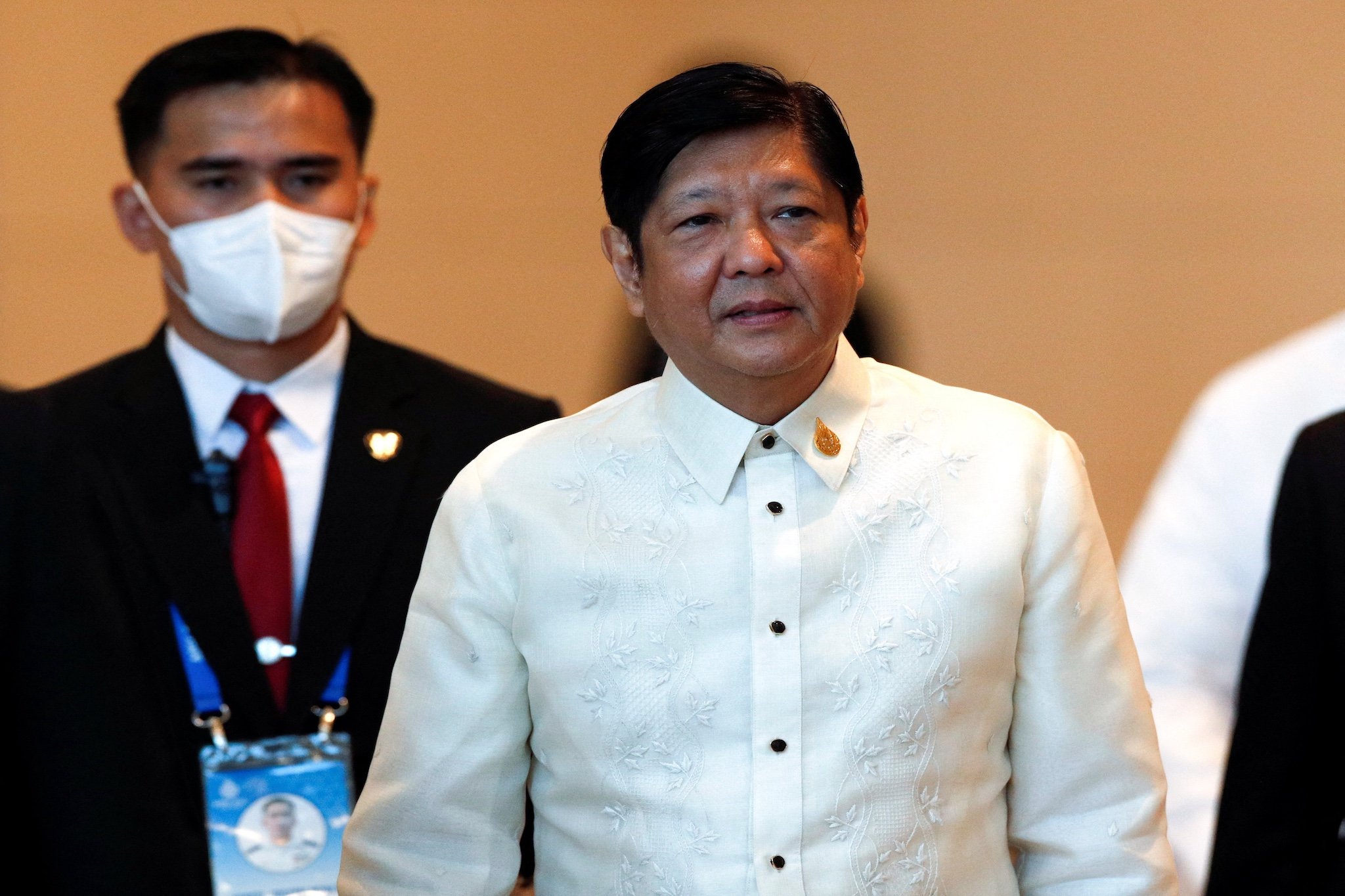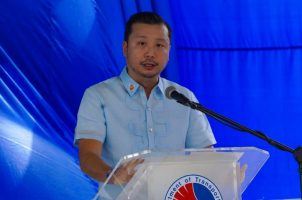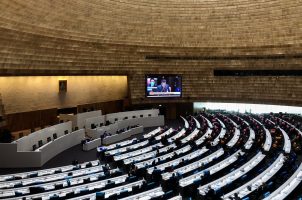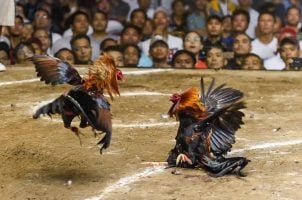President Marcos Reaffirms Ban on E-Sabong in the Philippines
Posted on: December 29, 2022, 10:39h.
Last updated on: December 29, 2022, 11:58h.
When Rodrigo Duterte was president of the Philippines, after finally capitulating on the subject, he issued an executive order banning e-sabong. Betting on cockfights had fallen out of favor amid a series of scandals, and the country’s new president, Ferdinand Marcos Jr., is going to keep that order intact.

Duterte finally gave in and banned e-sabong this past May. That was only after news reports about mass kidnappings and people selling their babies to pay their debts came to light. The order doesn’t prevent cockfighting, only the practice of being able to wager on the activity online.
Marcos will let the suspension stand and extend it further. Although there’s already been a major reduction in e-sabong-related activity, there are a number of kidnap victims whose whereabouts are still unknown.
No Place for E-Sabong
Marcos said the ban was an “urgent” requirement, given the status of the e-sabong space and the lack of resolution in the kidnapping cases. Whereas Duterte had implemented a suspension that could have allowed a return of online wagers, the president’s directive appears to be permanent.
E-sabong is now completely and definitively prohibited. The executive order covers any type of wagering on “live cockfighting matches, events, and/or streamed or broadcasted live, regardless of the location of the betting platform.”
The order doesn’t prevent the fights themselves. These are still legal but must follow established laws.
Philippine Amusement Gaming Corp. (PAGCOR), the country’s gaming regulator and an operator of casinos, will ensure the prohibition is enforced. It will be responsible for coordinating with governments at all levels, as well as with private entities, to establish enforcement policies.
Assisting PAGCOR in its efforts will be the Department of the Interior and the Philippine National Police. The regulator will have to provide regular updates on its enforcement efforts directly to Marcos or his designee.
The injunction Duterte signed just before he left office already gave PAGCOR the responsibility of policing for e-sabong. This should make it easier for the entity to continue with its new orders.
Changing Attitudes Toward Gambling
Duterte tried to avoid shutting down e-sabong because of the revenue it brought to the country. It was an industry reportedly worth around PHP640 million (US$11.5 million) each month to the government.
The Philippines is currently redeveloping its approach toward gambling. The fall of its Philippine Offshore Gaming Operator (POGO) segment, which ended in turmoil amid an increase in criminal activity, hurt the impression the gambling industry left on the country.
It didn’t help that a string of kidnappings tied to e-sabong emerged, with many questions still unanswered. The result of the continued bad publicity has been a call for the government to ban all forms of online gambling. However, this has yet to happen.
Instead, smaller governments are implementing their own bans. Pasig City, for example, announced this week that online gambling is no longer permitted.
All online gaming-related companies – even those that only provide technical services – have a year to leave. If they don’t, they face fines, and possibly jail time.
Related News Articles
POGOs Banned By Another Philippine City Amid Crackdown
Vietnam Wants To Legalize Sports Betting To Curb Black Market Wagers
Philippines Loss of e-Sabong Costs the Country More Than $87M
Most Popular
LOST VEGAS: The Foster Brooks Robot at MGM Grand
Bally’s Sets Date for Tropicana Las Vegas Implosion & Party
Most Commented
-
VEGAS MYTHS RE-BUSTED: You Don’t Have to Pay Resort Fees
— August 2, 2024 — 16 Comments -
VEGAS MYTHS RE-BUSTED: Elvis Was a Straight-Up Racist
— August 9, 2024 — 11 Comments -
ANTI-SOCIAL BEHAVIOR: Vegas Casino Buffet Stunt in Poor Taste Goes Viral
— August 16, 2024 — 7 Comments -
VEGAS MYTHS RE-BUSTED: The Strip Tried Appealing to Families and Failed
— August 23, 2024 — 7 Comments
















No comments yet